Annual report 2019-20
Introduction
This report covers the work of the Standards, Procedures and Public Appointments Committee during the Parliamentary year between 12 May 2019 and 11 May 2020.
Membership Changes
Previous Members of the Committee during the reporting year
Tom Mason MSP (17 May 2018 - 25 February 2020)
Elaine Smith MSP (9 January 2018 - 5 September 2019)
Inquiries and Reports
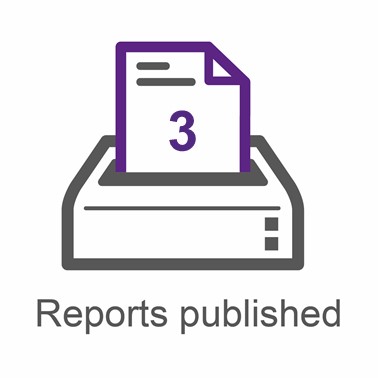
Standing Order rule changes
On 26 October 2016, an independent Commission on Parliamentary Reform was established by the Presiding Officer to look at how the Scottish Parliament can engage better with the people of Scotland and how its work could be improved to deliver better scrutiny.
The Standards, Procedures and Public Appointments Committee (the Committee) has been responsible for implementing some of the recommendations that were made by the Commission. Other recommendations were referred to the Parliamentary Bureau to be implemented.
In this parliamentary year the Committee and the Parliamentary Bureau identified changes which are required to Standing Orders in order to implement recommendations on the following-
Urgent questions;
Committee announcements;
Members Bill and Committee Bills;
First Minister's Questions;
Business Motions Procedures;
Publication of written answers; and
Portfolio and general questions: lodging deadlines.
In addition, changes were recommended so that if a member of the SPPA Committee was the subject of a complaint, it was compulsory for that member to excuse themselves from the consideration of that complaint.
At its meeting on 16 May 2019 the Committee approved the Standing Order rule changes. The Committee published its report on 22 May 2019.
The Standing Order rule changes were approved by Parliament on 11 June 2019 and came into force on 3 September 2019.
Commissioner complaints
The Committee has considered one report from the Commissioner for Ethical Standards in Public Life in Scotland (the Commissioner) in this parliamentary year, which was a complaint against Rachael Hamilton MSP.
The complaint, from Jim Ramage, was that Rachael Hamilton failed to make an oral declaration of her registered business interests when participating in a parliamentary debate on 19 February 2019 about the Scottish Government's Rate Resolution. The Commissioner investigated the complaint and found that Rachael Hamilton had not breached the Code of Conduct for MSPs.
The Committee agreed with the conclusion of the Commissioner that Ms Hamilton had not breached the statutory or the Code of Conduct requirements to make an oral declaration of her interests when participating in the parliamentary debate on 19 February 2019.
Code of Conduct for MSPs - proposed revisions to implement the recommendations contained in the Joint Working Group's Report on Sexual Harassment and Sexist Behaviour
The Joint Working Group on Sexual Harassment and Sexist Behaviour (“the JWG”) was established in February 2018 to progress the work arising from the results of a staff survey on sexual harassment and sexist behaviour.
The JWG report was published in December 2018 and, following a consultation on its recommendations, was referred to the Committee by the Scottish Parliament Corporate Body to take forward revisions to the Code of Conduct.
In the first half of 2019, the Committee considered the JWG’s recommendations and how the Code could be revised to implement them.
In June 2019, the Committee launched a three-month consultation of MSPs on the proposed revisions to the Code. The Committee considered the responses from MSPs, as well as from some MSP staff, and revised its proposals in light of their feedback.
At its meeting on 28 November 2019 the Committee approved changes to the Code of Conduct. The Committee published its report on 3 December 2019.
The changes to the Code of Conduct were approved by Parliament on 10 December 2019 and came into force on 7 January 2020.
Legislation
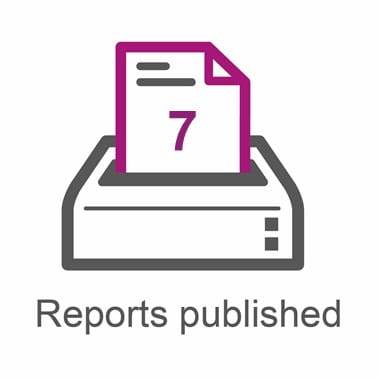
Bills
Scottish Elections (Franchise and Representation) Bill
The Scottish Government introduced the Scottish Elections (Franchise and Representation) Bill to enfranchise certain persons in respect of Scottish parliamentary and local government elections; to extend to certain persons the right to vote at, stand for election at, and hold office as elected members following, Scottish parliamentary and local government elections; and for connected purposes.
Following the introduction of the Bill the Committee issued a call for evidence and received 17 submissions.
The Committee took evidence at Stage 1 on the Bill at its meetings on 12 and 19 September and 3 and 10 October, and published its Stage 1 Report on 13 November 2019.
The Committee also met with a group of refugees supported by employees from the Scottish Refugee Council and Maryhill Integration Network on 20 October 2019 to discuss the Bill. The representatives from refugee communities came from Glasgow and Motherwell. Some had arrived as resettled refugees to Scotland, whereas others had come and claimed asylum. They were all active members of different community groups, such as Maryhill Integration Network’s Voices group, the Scottish Refugee Council’s Refugee Advisory Group, and Best Way Community Development in Motherwell.
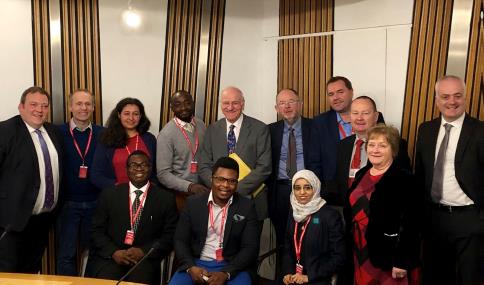
At its meeting on 16 January 2020 the Committee considered the Bill at Stage 2.
The Stage 3 debate was held on 20 February 2020 and the Bill received Royal Assent on 1 April 2020.
Scottish Elections (Reform) Bill
The Scottish Government introduced the Scottish Elections (Reform) Bill to reform certain aspects of the law relating to Scottish parliamentary and local government elections, including length of terms; to make provision about the role of the Electoral Commission in relation to those elections; to confer functions on the Electoral Management Board for Scotland in relation to Scottish parliamentary elections; to rename and make provision about the Local Government Boundary Commission for Scotland; and for connected purposes.
Following the introduction of the Bill the Committee issued a call for evidence and received 22 submissions.
The Committee took evidence, at Stage 1 of the Bill, at its meetings on 14, 21 and 28 November 2019 and 5 December 2019, and published its Stage 1 Report on 14 January 2020.
At its meeting on 12 March 2020 the Committee considered the Bill at Stage 2.
Stage 3 of this Bill is yet to be scheduled.
Proposals for Committee Bills
Committee Bill on financial assistance for opposition parties
At its meeting on 12 September 2019, the Committee agreed to instruct a Committee Bill to transfer responsibility for setting the terms of the funding of non-government political parties – the provision of so-called “Short money” - from the Scottish Government to the Scottish Parliamentary Corporate Body.
The Committee wrote to MSPs, political parties and MSPs, the Scottish Parliament’s Parliamentary Bureau, the Scottish Government and the Electoral Commission seeking views on the proposed Bill.
The Committee published its report on a proposal for a Committee Bill, which contained a draft Bill, on 5 February 2020. The report sought the Parliament’s approval to introduce a Bill which would give effect to the proposal contained in the report.
The Parliament debated the Committee’s proposal report on 24 February 2020 and agreed to the Committee’s proposal to introduce a Bill to giving effect to the policy set out in its report.
Committee Bill to amend the process for complaints against MSPs
At its meeting on 7 November 2019, the Committee agreed to instruct a Committee Bill to which would amend the Scottish Parliamentary Standards Commissioner Act 2002 to address historical misconduct. The Bill would seek to:
remove an admissibility requirement that a complaint be made within one year; and
allow the Commissioner to investigate complaints made by Members’ own staff in relation to sexual harassment which took place in the past.
The Committee wrote to invite political parties, MSPs, MSPs’ staff, those who responded to the Committee’s 2018 inquiry into sexual harassment and inappropriate conduct and Dame Laura Cox, author of the independent inquiry report: “Bullying and Harassment of House of Commons Staff” to share their views.
SSIs
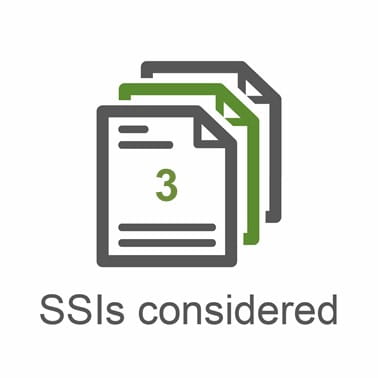
During the Parliamentary year, the Committee considered three Scottish Statutory Instruments (SSIs), all under the affirmative procedure.
Equalities
In March 2020, the Committee agreed to ask Members for their views on whether proxy voting should be introduced in the Scottish Parliament. Proxy voting is an arrangement where a Member votes on behalf of another Member who is absent for a particular specified reason. In the House of Commons and the National Assembly for Wales, proxy voting pilots have been introduced to allow elected Members to nominate a proxy in certain circumstances, including when they are on maternity or paternity leave.
The Committee will consider the responses from Members with a view to deciding whether it should recommend the introduction of a proxy voting scheme
Cross-Party Groups
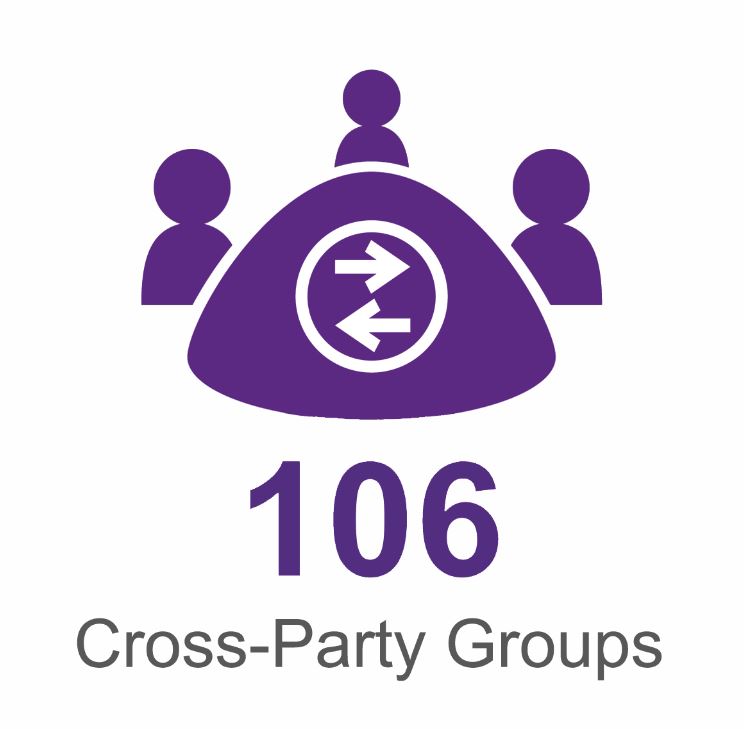
A total of 106 Cross-Party Groups are now active and one Group was accorded recognition by the Committee in this parliamentary year.
In December 2019 the Committee considered an annual monitoring report on Groups' compliance with the Code of Conduct. The Committee was pleased with the high level of compliance with the Code of Conduct but reminded Groups of the requirement to provide 10 calendar days' notice of all meetings.
Meetings
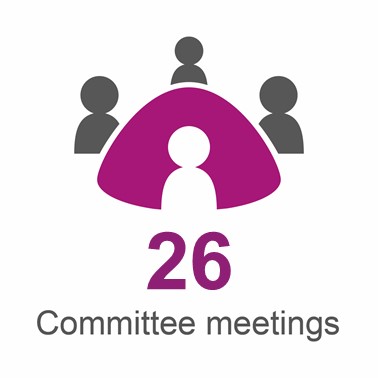
The Committee met 26 times during the parliamentary year. 5 meetings were held entirely in private, 1 meeting was held entirely in public and 20 meetings included items in private.
The items considered in private included the Committee's work programme, consideration of complaints, draft Committee reports and draft Standing Order rule changes.
This year, of the 14 witness appearances, 70% of our witnesses were male and 30% were female. This overall figure includes four appearances by the Minister for Parliamentary Business and Veterans who was male.